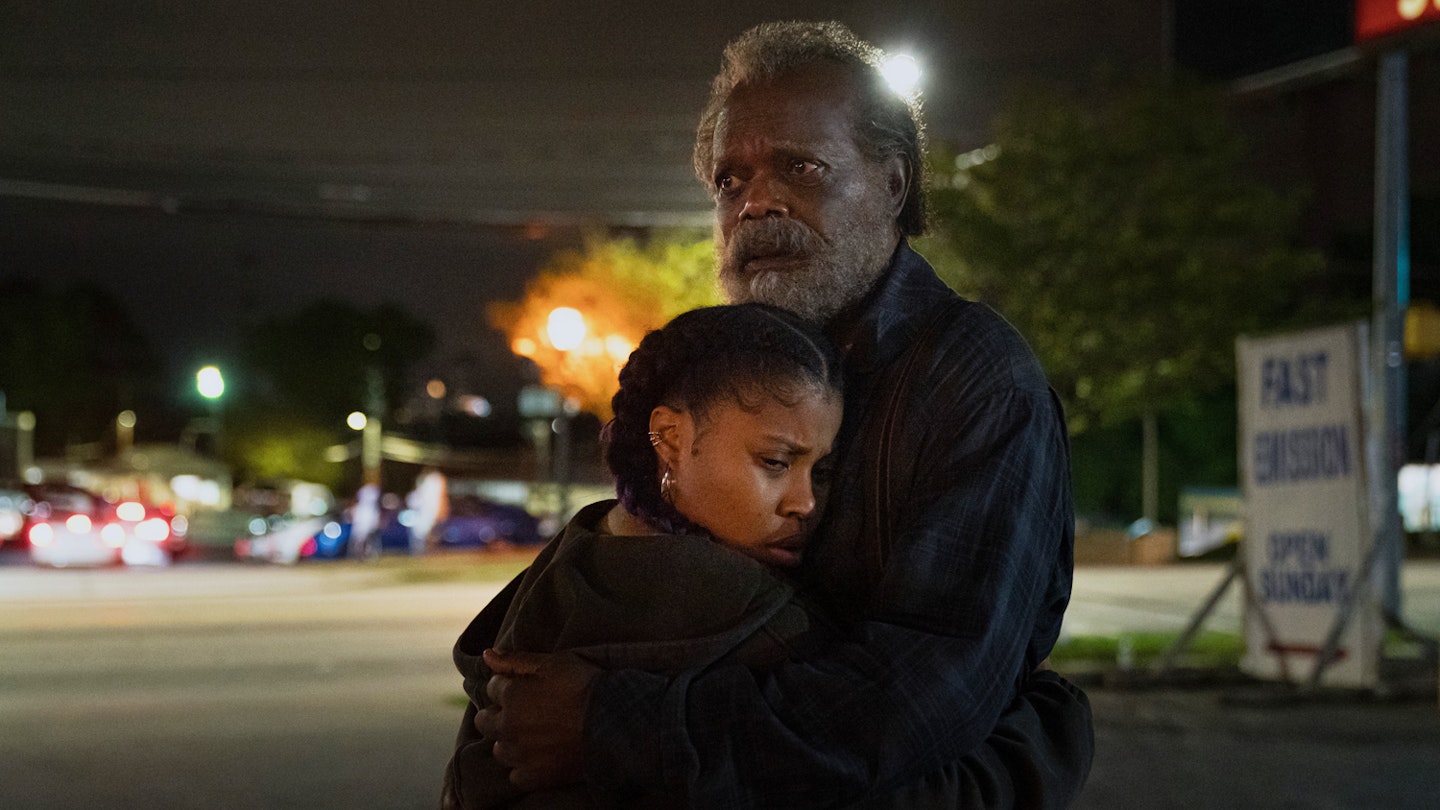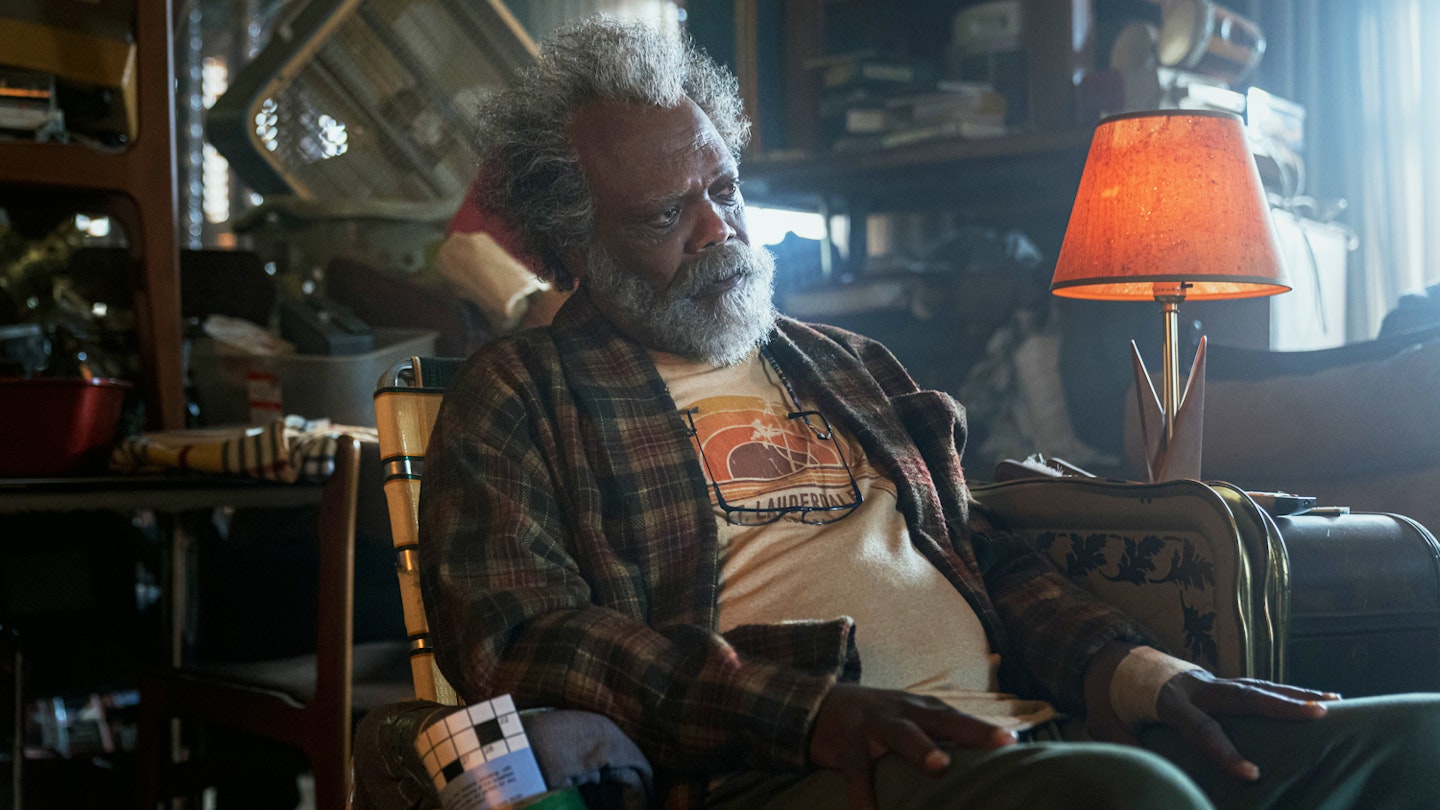Streaming on: Apple TV+
Episodes viewed: 6 of 6
Samuel L. Jackson is one of cinema’s most prolific stars. But his work in TV is vanishingly scarce — almost always limited to guest slots. Well, like buses, wait long enough and you’ll get two major small-screen Jackson roles — Marvel’s Secret Invasion, due later this year, and before that, this adaptation of the Walter Mosley novel.
By all accounts, it’s a passion project for the actor. Jackson — who has campaigned for Alzheimer’s causes, after the disease afflicted members of his family — also serves as executive producer here, having acquired the rights nearly a decade ago; this is clearly a story he wants to treat with respect. If you’re used to him appearing mainly in post-credits sequences, looking cool and aloof, here is a reminder of his range beyond the Nick Fury eyepatch.

It’s a gift of a part, spanning the senility and paranoia of the show’s early episodes, through to the miraculous revival of the later hours as his treatment kicks in, with ’70s-set, sun-dappled flashbacks in-between. He is both aged up and down as a result, via convincing make-up and de-ageing CGI similar to that in Captain Marvel — but it’s his ego-free performance which leaves the biggest impression.
Jackson is really remarkable here, and more vulnerable than we’ve ever seen him.
Jackson is really remarkable here, and more vulnerable than we’ve ever seen him, bringing sensitivity and nuance to Ptolemy’s dementia as he is haunted by a childhood spent in the Jim Crow South. But he is also allowed to bring his natural charisma to the table (there is at least one use of his beloved favourite word “motherfucker”) as Ptolemy, a natural Southern showman and raconteur, soon reverses his mental decline.
Marketing for the show suggested it might slot into the ‘miracle pill’ subgenre of sci-fi (see also: Lucy, Limitless), but that side of things is handled fairly lightly. The show, like the book it’s based on, is more interested in the relationship between Ptolemy and his niece’s best friend’s daughter Robyn (Dominique Fishback, as electric here as she was in Judas And The Black Messiah); and in the grander, existential questions of what a whole life can amount to. (It’s also notable for being a prestige drama with — save for Walton Goggins’ slick-haired doctor — a majority African-American cast, still the exception rather than the norm.)
Originally conceived as a film, the pacing is at times slow and considered, thick with dialogue-heavy scenes, and while that sometimes seems like the product of a too-faithful book-to-TV transfer (Mosley has adapted his own novel), Jackson keeps things compelling. If Pulp Fiction taught us anything, it’s that nobody can monologue on a biblical register quite like him. “It’s like I’m standing on the tallest mountain in the world,” he holds forth at one point, “and laying down in my grave at the same time.” It feels like the role of a lifetime for him, in every sense.
